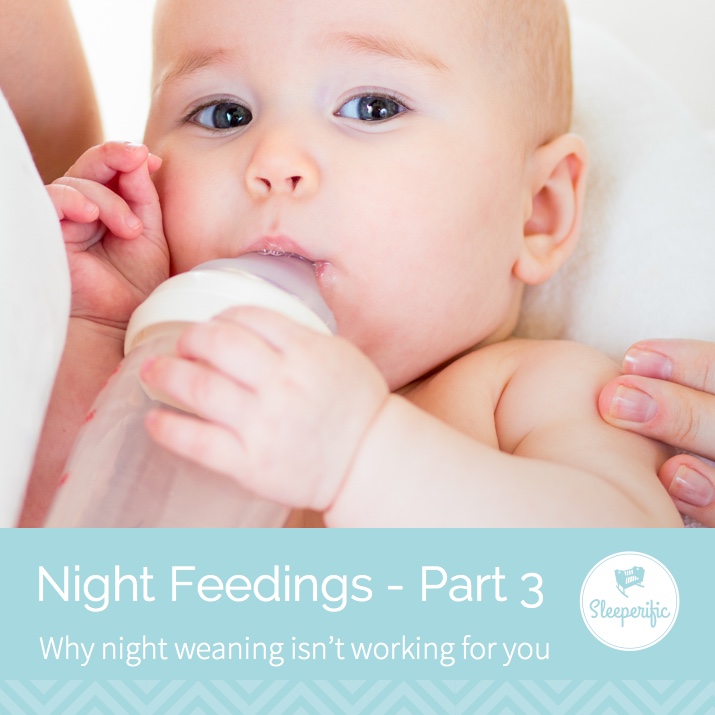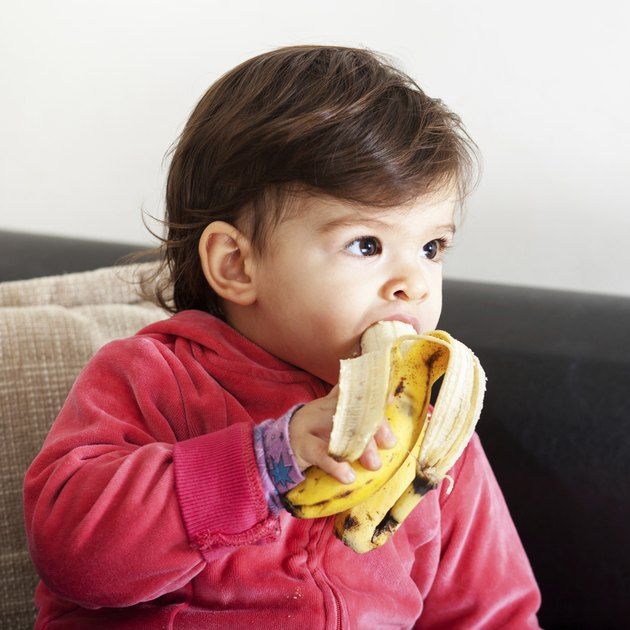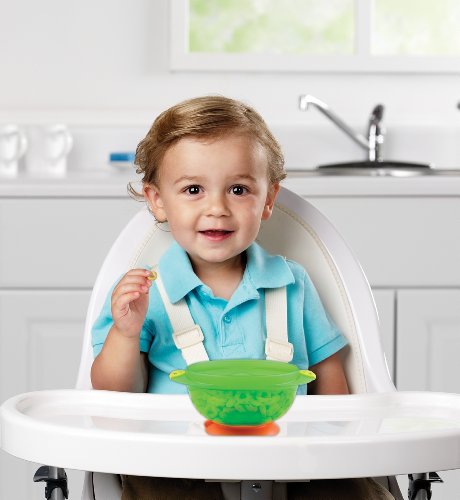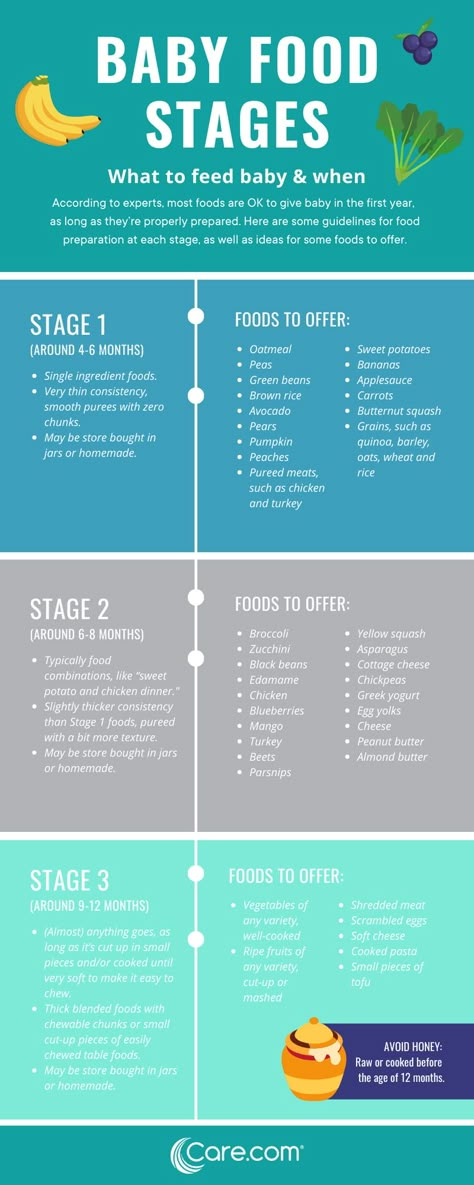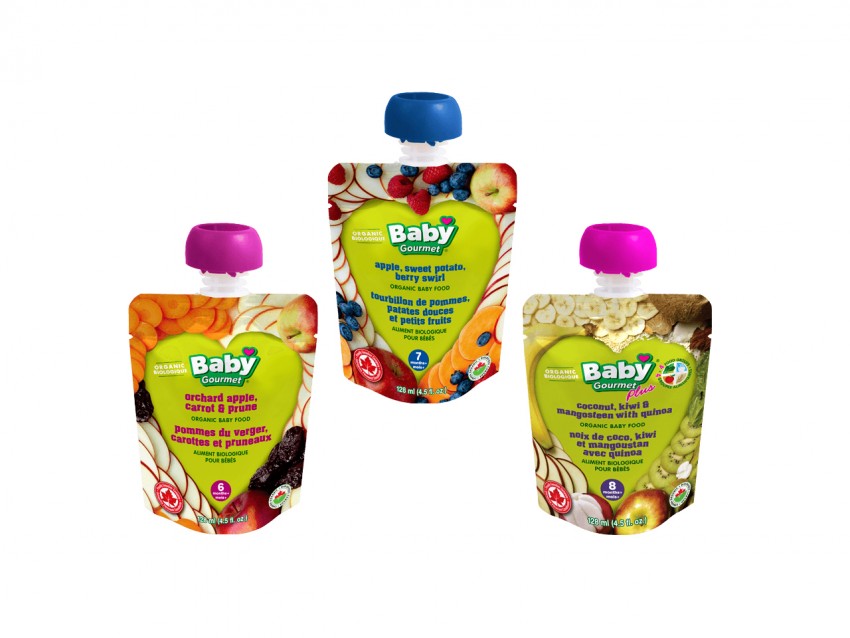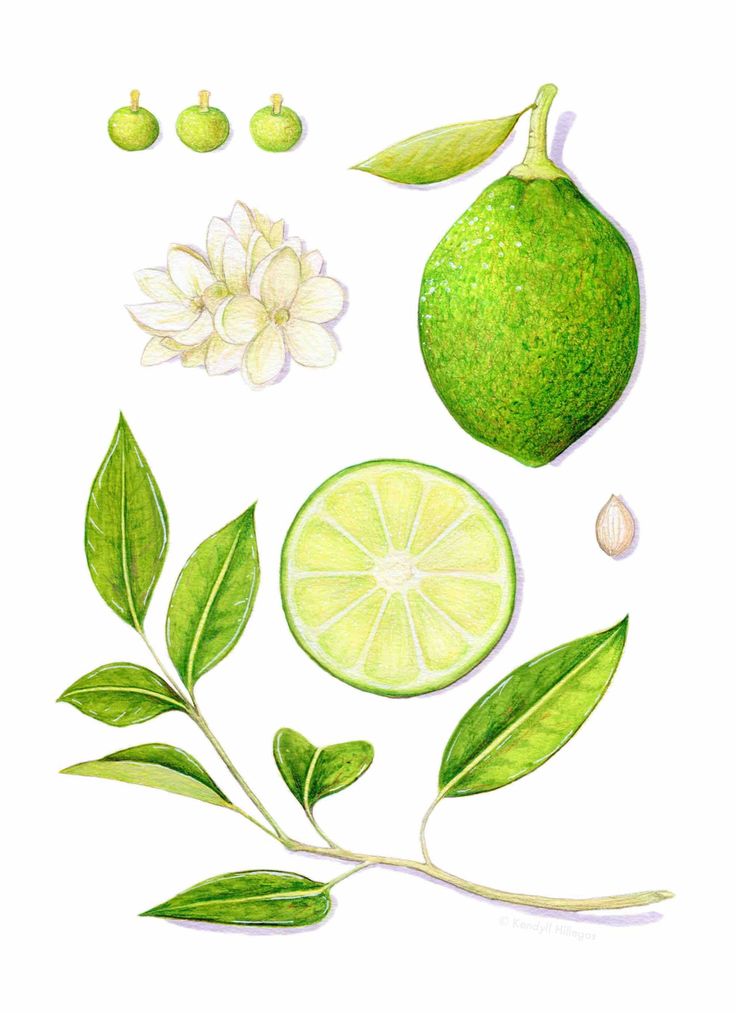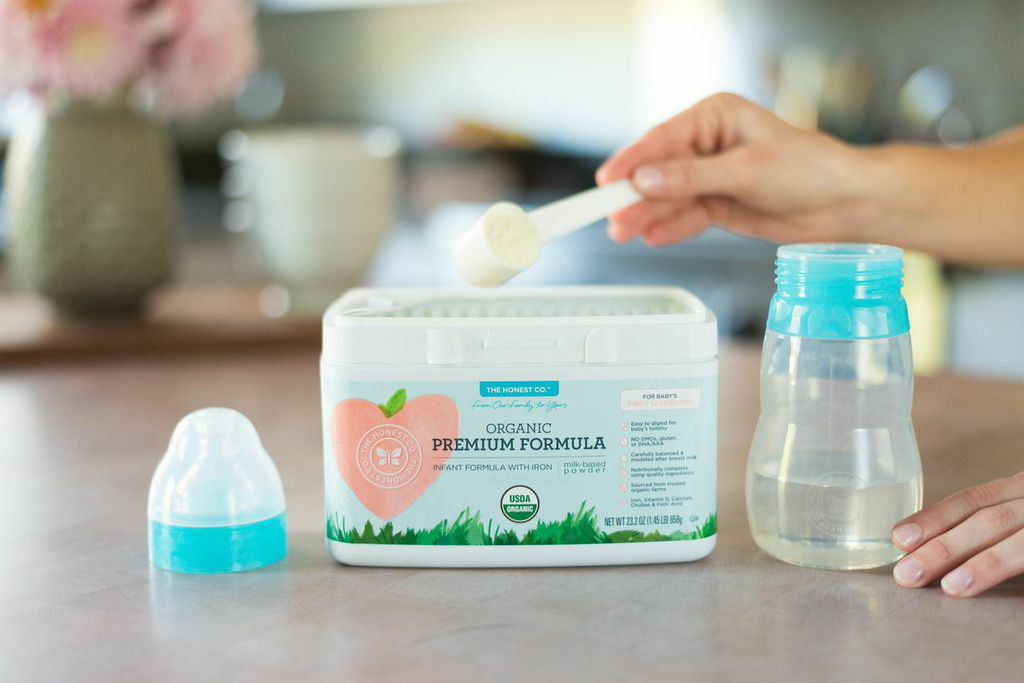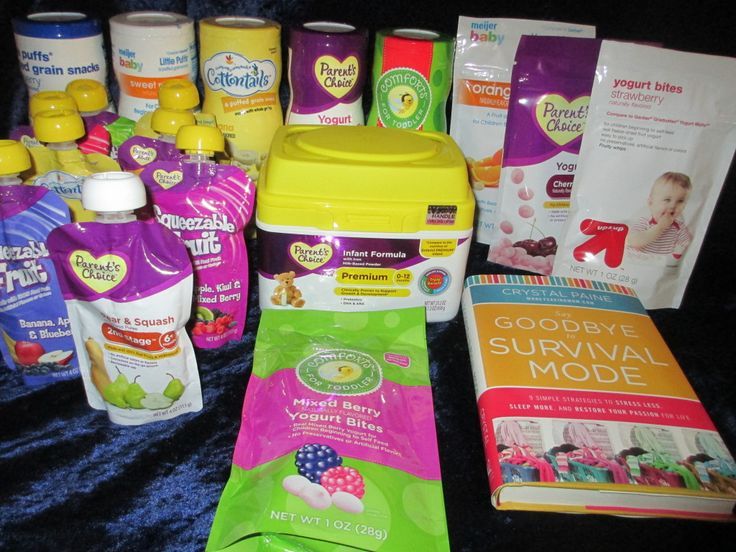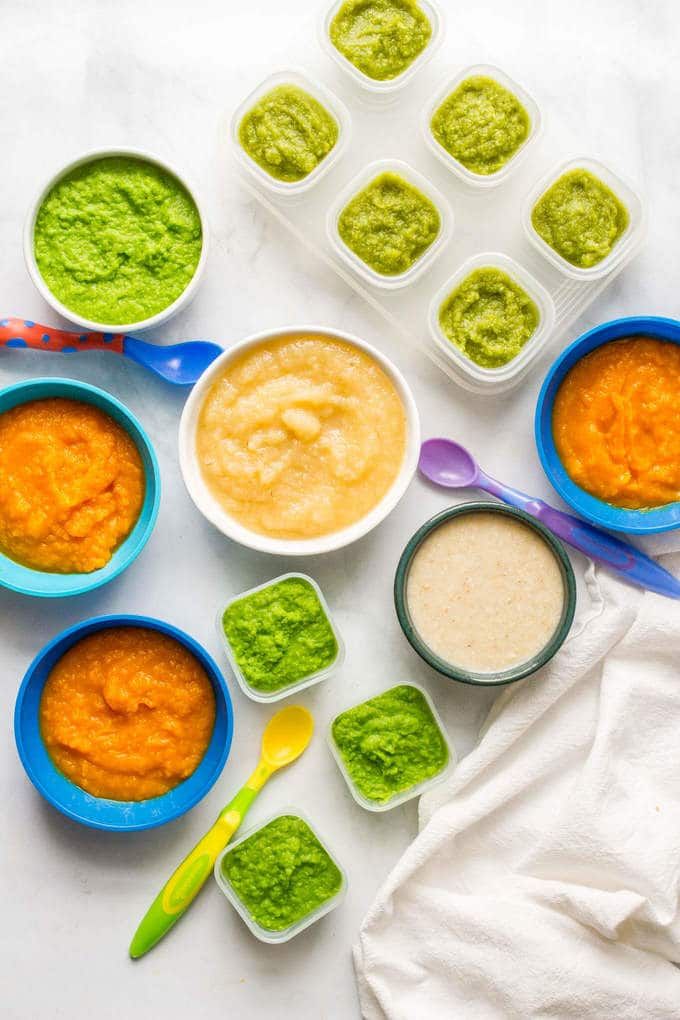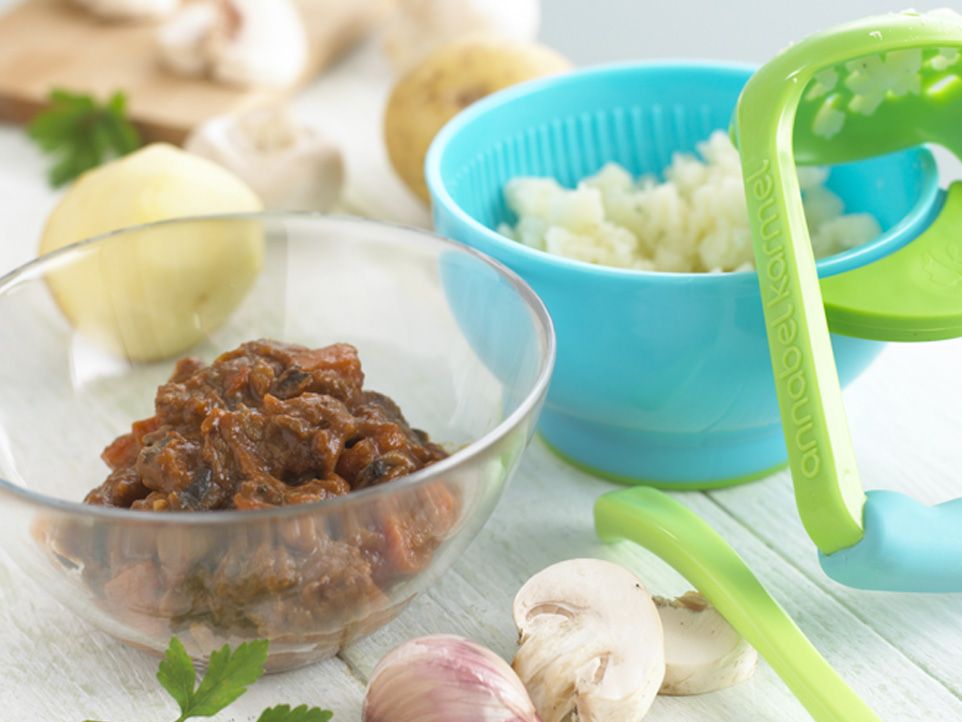Light food for sick baby
What to do when they won't eat!
Have the winter colds and flus hit your house yet? This time of year I find that lots of toddlers are in one of two phases: sick, or recovering from being sick. And while it’s normal for sickness to throw a toddler’s appetite way off, as a parent, I know you still want to be sure your little one gets what they need! So whether you and your family are sick, recovering from being sick, or just preparing for what’s coming, this post should help you through!
Keep reading for the research, some recipes, and my top tips on the best food for sick toddlers (even when they don’t want to eat much of anything).
Food For Sick Toddlers Who Won’t Eat
“What the heck am I supposed to do if my kid won’t eat anything I offer them?!”
Hydration, hydration, hydration!
Whether your kids are sick from a cold, the flu, a tummy bug, or a sore throat, and whether they’re eating a little, a lot, or nothing at all, the main priority is ALWAYS hydration.
That’s because many of the more glamorous parts of getting sick actually draw fluid out of the body. (Think sweaty fevers, mucus, diarrhea, and vomiting. You know, all the fun things!
It’s a lot to ask of them to consume large amounts of water, especially if their tummies are upset, so small sips throughout the day are key. And when they really don’t want water, it’s okay to find something else they will drink. Even if it’s a milkshake to soothe their sore throat! A simple vanilla milkshake can be a great option, because they’ll love the ‘treat’ and you can sneak in a little nutrition boost (that they won’t notice) with a scoop of yogurt or vanilla Nutrikid Shake. Keep reading for my go-to vanilla milkshake recipe further down in this post!
(PS: You can use my affiliate code* for 15% off at nutrikidshake.com: MAMAKNOWSNUTRITION15)
Milkshake not doing it for them? Here are some other things to try:- Watered down 100% juice with ice cubes
- A popsicle
- Yogurt
- A Smoothie
- Fruit (especially watermelon, pineapple, strawberries, raspberries)
- Milk
- Warm herbal tea (100% caffeine free) with a tsp of honey (over 1 years old)
- Warm broth
Will dairy make my toddler’s cold or flu worse?
Some people worry about serving milk during a cold or upper respiratory infection, because they worry that it will increase mucus production and make their littles feel sicker.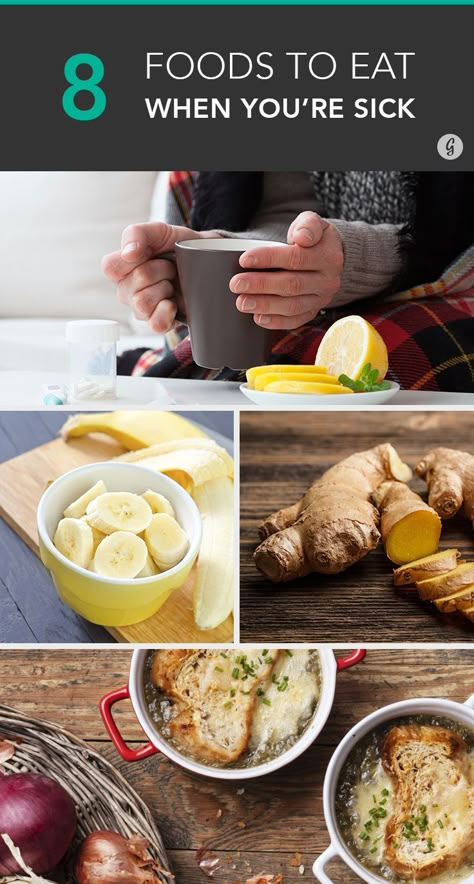
Dairy may thicken mucus, and it’s okay if you choose to avoid it. But research has shown that dairy actually does not increase mucus production. (Balfour-Lynn IM. Milk, mucus and myths. Archives of Disease in Childhood. 2019;104:91)
Ultimately, your main take away from this should just be that if they want to drink milk during their cold, you shouldn’t worry about serving it.
What to do if they just want ONE thing
If all they want is toast and crackers, that’s okay! Give them a few days to eat this way until they feel better, and then get back to the normal menu.
Two of my favorites when my kids are sick are:
- White Bread Done Right by Dave’s Killer Bread (it tastes like white bread, but has better nutrition!)
- Simple Mills Sea Salt Almond Flour Crackers. These guys are plain tasting and easy to eat, but provide a little protein boost from the almonds! (These are a good toddler feeding hack even when they’re not sick!)
And of course, you still want to focus on hydration! Scroll back up for some tips and recipes that will help you get some fluids in them, to help replenish what they’ve lost.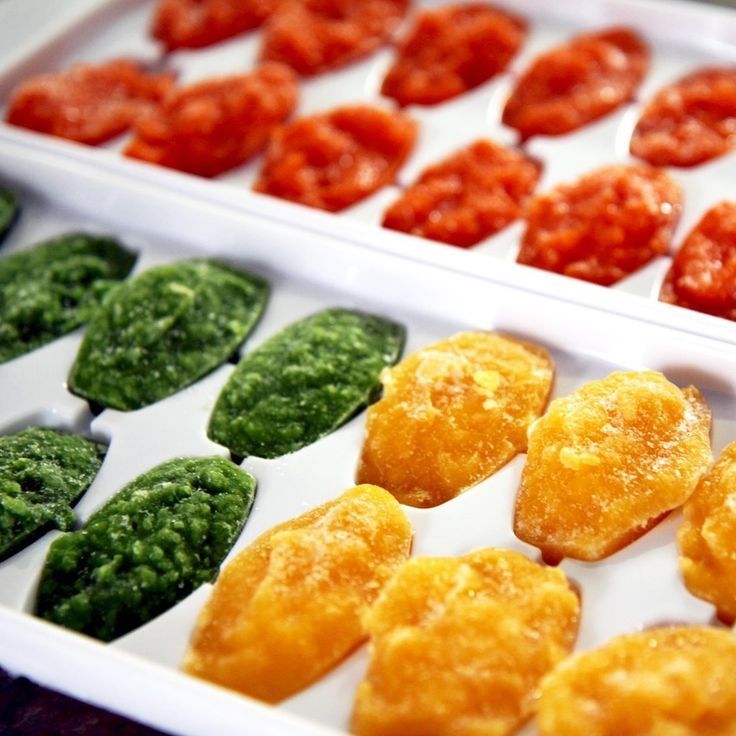
Food For Toddlers Recovering from an Illness
When your child is recovering from an illness, you can expect for their appetite to still be off for several more days, and that’s fine!
Usually bland foods are more appealing to them during this time, but know that you don’t have to ONLY offer the standard bananas, rice, applesauce, and toast (BRAT).
Some other options to get them eating again are:
- Yogurt
- Soup
- A smoothie
These options are a little more nutritious than the go-to’s, but they’re still easy and soothing. (Our family’s go-to recovery smoothie recipe is included in the bonus section of this post!)
My Favorite Supplements for Preventing & Treating Illness
Your starting lineup for this sickness season is: hand washing, good hygiene, probiotics, and elderberry!
Why these 4 things? Well, hand washing and hygiene can be enough for us grown-ups, but the reality is that toddlers just do not understand how to cover a cough, blow into a tissue, or avoid putting their mouths on their friends.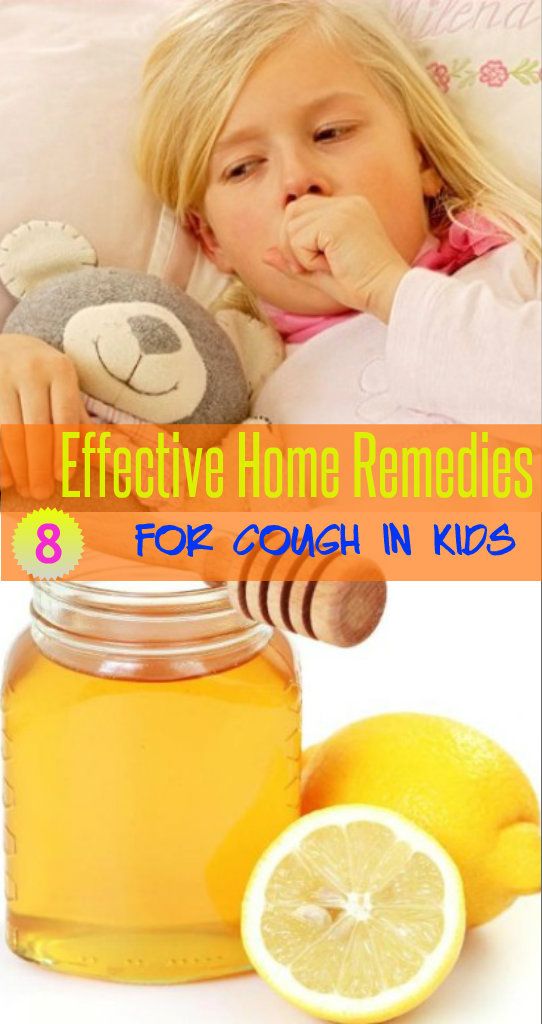
Until they have fully grasped their personal hygiene and cold season practices, Elderberry and Probiotics are going to be your top cold fighters! They’ll keep those nasty little germs from spreading and becoming a cold that takes down your entire household.
Prevent Sickness With Probiotics: The Immune Boosters
Probiotics will help support your child’s immune system, which can ultimately keep them from getting sick. I use Culturelle Kids (amazon affiliate link*) because the strain and dosage has been researched and proven to help keep kids from getting sick. If you want to learn more about probiotics for kids, see this post.
Treat Sickness With Elderberry: The Symptom Reducer!
As soon as they actually start getting sick, reach for Elderberry. It won’t prevent them from getting sick like probiotics can, but research does support shortening the duration of their symptoms, so you don’t need to give it to them daily unless they start showing signs of a cold.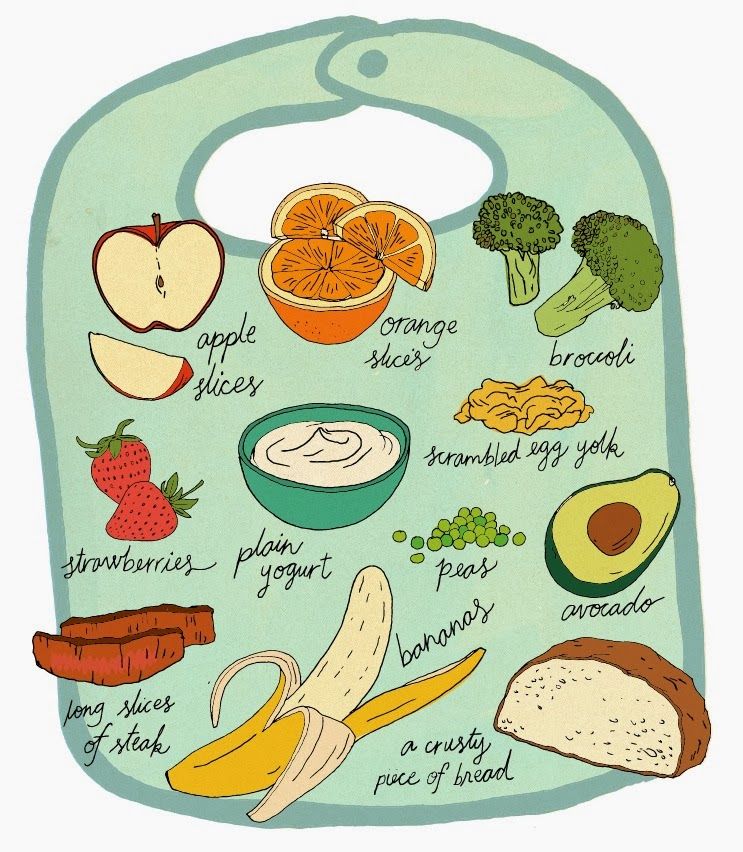 Try this elderberry gummy or this syrup.
Try this elderberry gummy or this syrup.
Of course you should always check with your pediatrician before adding supplements to your child’s diet, just in case there are any reasons your little one shouldn’t be taking them. (Especially if they are under 2 years old, just call to make sure it’s okay!)
Spilling the Tea on Vitamin C
The truth is that your child really does not need to take a Vitamin C supplement, because it’s really easy to get 100% of the Vitamin C they need from food.
Toddlers get enough Vitamin C from any ONE of the items on this list:
- 2 strawberries
- ½ small orange
- 2 strips red bell pepper
- 2 tbsp broccoli
- 2 tbsp kiwi
Food For Sick Toddlers: Nutrition-packed recipes they should be able to tolerate!
Simple Vanilla Milkshake
I usually make my kids this twist on a milkshake – and if I have ice cream in the house, I’ll add a scoop in!
Just blend in a high speed blender, and serve.
- 1 cup whole milk
- 1 cup ice
- 1 scoop vanilla Nutrikid Shake (or yogurt)
Our Go-To Recovery Smoothie
- 2 frozen bananas
- 1 cup milk (any kind)
- 1 cup ice cubes
- 1/2 cup plain, whole milk Greek yogurt
- 2 tbsp natural peanut butter
- Splash of vanilla extract
Blend everything together, add additional milk if you need to thin it out. Makes two servings.
Hydration Tips for Sick Toddlers Who Aren’t Eating
- Watered down 100% juice with ice cubes
- A popsicle
- Yogurt
- Smoothie
- Fruit (especially watermelon, pineapple, strawberries, raspberries)
- Milk
- Warm herbal tea (100% caffeine free) with a tsp of honey (over 1 years old)
- Warm broth
You got this!
I know cold and flu season can be hard to handle, but I hope this post will give you a few takeaway tips that you can use to keep your family healthy this year.
Remember, you don’t need to add Vitamin C or remove dairy. Instead, focus on hydration, adding in nutritional boosts wherever possible, and consider giving your child Elderberry and Probiotics if your pediatrician approves it.
Instead, focus on hydration, adding in nutritional boosts wherever possible, and consider giving your child Elderberry and Probiotics if your pediatrician approves it.
And don’t forget to try out a few of my go-to recipes for sick toddlers!
Want more food ideas for toddlers?
My Target snack guide has you covered! Grab your copy here.
*Note: As an Amazon Associate I earn from qualifying purchases
What to Feed Sick Toddler
Parents are often at a loss with what to feed sick toddlers. These little ones usually have little appetite, especially when they have a bellyache, a fever, or a sore throat. These symptoms are not only hard on the toddler, but on you too. As a parent, there must be something more that you can do other than following the doctor's orders to make your child feel better.
Losing one's appetite when feeling sick is quite common, and it is not necessarily bad for the child. Sometimes, the stomach just needs a little rest to recover from a flu bug or something else.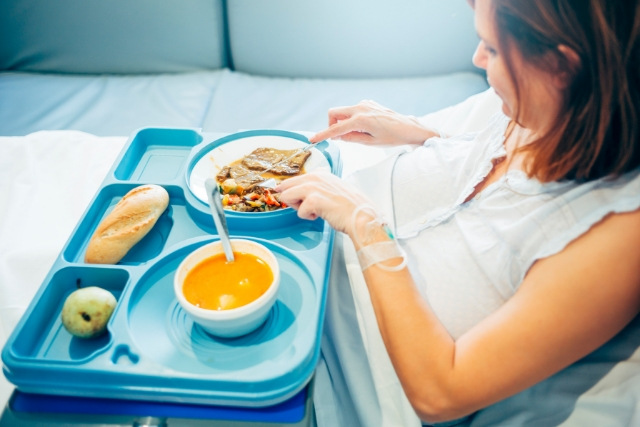 But how does a parent ensure that their toddler does not miss out on nutrients and calories while he/she is sick?
But how does a parent ensure that their toddler does not miss out on nutrients and calories while he/she is sick?
1. Keep Toddler Hydrated
It is important to remember that drinking plenty of fluids when a child is ill will help prevent dehydration, especially if she has fever, vomiting or diarrhea. The body also needs water to fight infection. So if your toddler refuses to eat but is able to drink, just let their bodies continue fighting the infection and heal itself.
2. Slowly Introduce Solids
When your child feels a little bit better, slowly introduce solid food back into her diet. Offer her light and bland foods such as crackers and soup which she can take. It's okay if she only wants one type of food. It is important to let her begin to eat to get some energy during recovery.
3. Follow Kid’s Pace
It is useless to force a sick child to eat. Although their eating patterns are more erratic at this time, they will eventually go back to their usual eating habits when they feel better.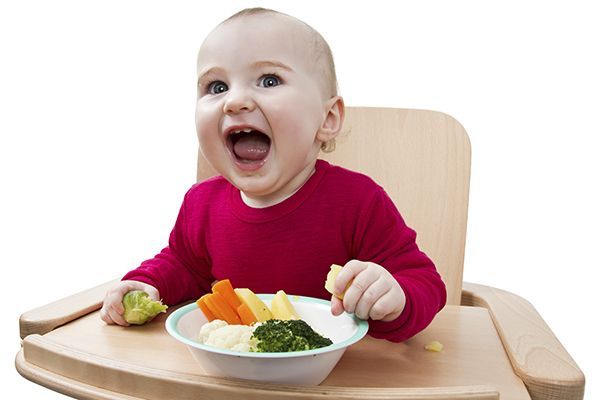 And if kids do have some appetite for their favorite foods, follow their pace and prepare the foods. However, if the toddler cannot eat solid foods for a longer period than expected, it is best to consult your doctor for advice.
And if kids do have some appetite for their favorite foods, follow their pace and prepare the foods. However, if the toddler cannot eat solid foods for a longer period than expected, it is best to consult your doctor for advice.
A sick toddler may not have the appetite to eat, but he/she still needs some nutrition. Some children maintain a good appetite when they are sick, so just give them nutritious foods they are willing to eat. However, in other children, especially those who are suffering from stomach flu and fever, it may take another day or more before they regain their usual appetite.
Warning: If your child is vomiting, feeding can make it worse and may lead to dehydration. It is therefore best not to wait, see a doctor immediately. Hold off giving them solid foods or plain water, which they might not tolerate if they have a stomach bug.
Here are some foods you can offer a sick toddler:
1. The BRAT Diet
Banana, rice, apple sauce, and toast (BRAT) are great foods that can help your child when she is sick. This acronym is easy to remember, and these foods are easy to eat and digest. At the same time, these contain nutrients that can stay down even with an upset stomach.
This acronym is easy to remember, and these foods are easy to eat and digest. At the same time, these contain nutrients that can stay down even with an upset stomach.
2. The CRAM Diet
Similarly, CRAM diet, which is the acronym for cereal, rice, applesauce and milk, is a short term dietary treatment for diarrhea and gastroenteritis. This diet contains more complete and fat content than the BRAT diet. Cereal and milk can help boost your child's nutrition by giving her more protein in the diet when she is ill, especially if she will not eat bananas or apples.
3. Chicken Soup
This is a traditional food used by parents as a home remedy for a sick child, and even science shows some evidence that it has its benefits. Chicken soup is not only delicious and soothing, it also has the ingredients that can help reduce inflammation and promote healing. Chicken and some vegetables will also boost their nutrition and increase their energy while recovering from illness.
4.
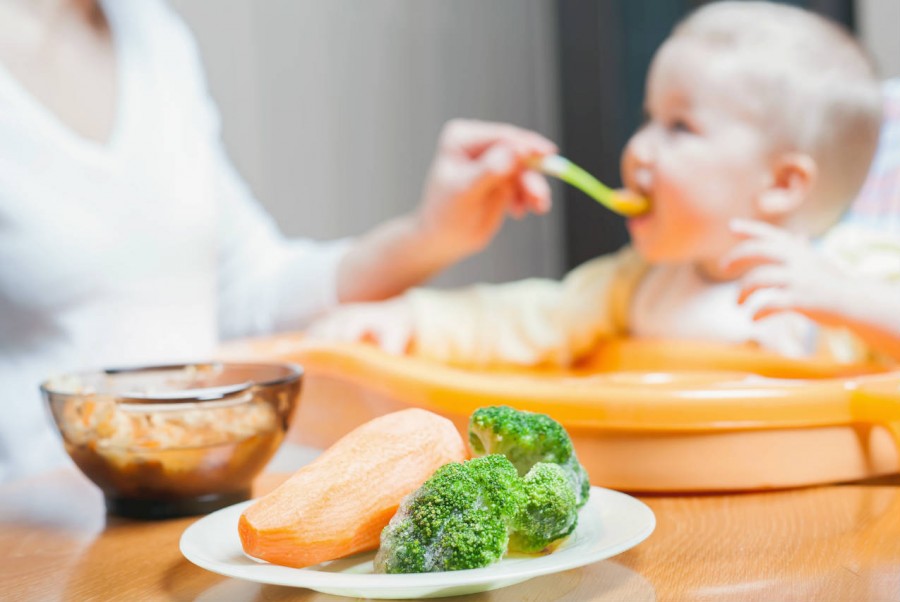 Fruits and Vegetables
Fruits and VegetablesThese foods are full of vitamins and minerals that will help your child battle their illness. Fruits that are rich in antioxidants such as vitamin C, including oranges and citrus fruits, support immune function. Vegetables like carrots contain beta-carotene, which their body converts to vitamin A and helps support their battle against viruses and bacteria.
5. Other Foods You Can Feed a Sick Toddler
Decrease of appetite and some common illness in toddler usually happen together. When it comes to what to feed sick toddlers, sometimes it is indeed a great challenge. Here are a list of some foods which might be of help when you are struggling for what to prepare for your little sweetie:
| Toddler Illness | Foods Recommended |
| Cold | Water, ice pops, ginger ale, diluted fruit juice. |
| Fever | Applesauce with raisin and cinnamon sugar topping; canned peaches with frozen yogurt; cream of wheat with maple syrup and a dash of vanilla; club soda with cold cranberry or raspberry juice. |
| Vomiting | Crackers, plain pancakes, dry cereal, and peanut butter sandwich; chicken noodle soup with saltine crackers. |
| Sore Throat | Cold, creamy, and nutritious foods: frozen fruit and yogurt shake, ice pops, or cold juice; warm tea and hot chocolate. |
| Constipation | Cherries, raisin, apricot, and prunes (another CRAP diet) are fruits with lots of fiber that can improve bowel movements. |
Tips for parents: how to feed a sick child?
Our children sometimes get sick, and in addition to the correct treatment of the disease, for a speedy recovery, the child needs proper nutrition. All parents know this, but often they have problems with feeding – children refuse to eat at all or require something completely different from what is prescribed and useful for them.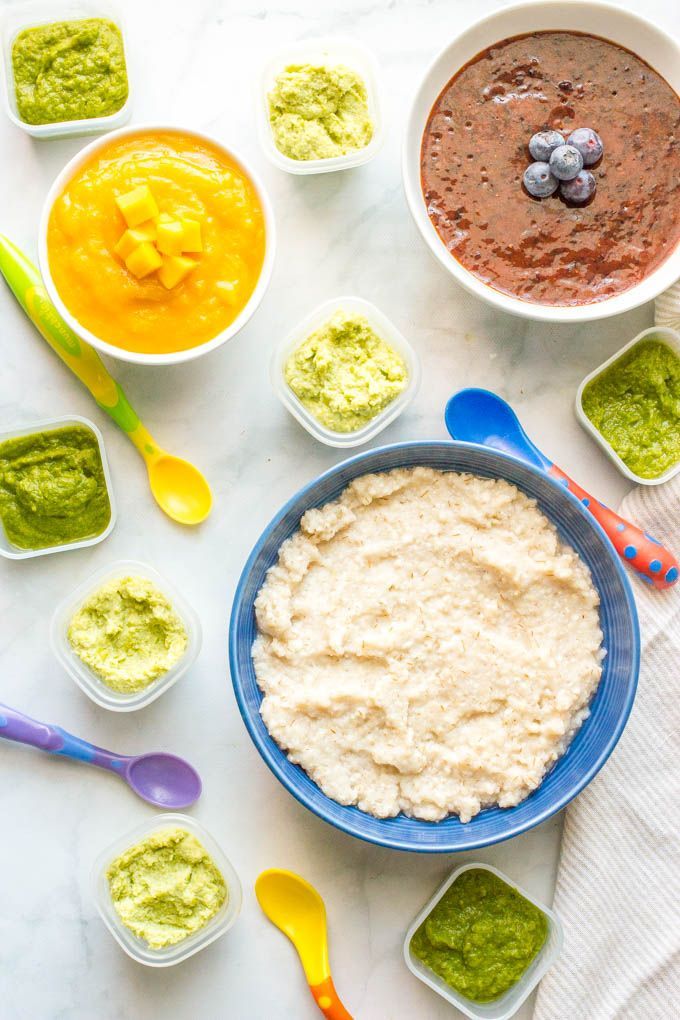
In addition, bed rest or hospitalization imposes some restrictions on the eating process itself, the eating process becomes somewhat different than usual. Passion.ru found out how to properly feed children during illness.
Physiological characteristics of the body
When children get sick with acute infections, it is unpleasant. In addition, the simplest and most natural desire of a child in the first hours of an acute illness is a refusal to eat, even the most beloved one.
Refusal to eat is a normal reaction, since it is caused by the body's biological programs and manifests itself as a symptom of almost any disease, even in adults, we just know how to eat through force, "because we need to." Children do not understand this, and refuse to eat. However, it seems illogical for parents to refuse food, because strength is needed to fight the disease.
All acute illnesses are based on stress: pain reactions, fever, oxygen deficiency in tissues. This leads to a standard reaction of the body for all people - the brain activates blood circulation in the most important organs that help to cope with the disease - this is the brain and spinal cord, heart, lungs and kidneys.
In all other organs, blood circulation is minimized during the fight against the disease. This is especially true of the digestive system - the intestines and stomach. At the same time, its peristalsis slows down, the production of juices and enzymes decreases, they become thick, so it will be very difficult to digest food.
In addition, due to viral infections, babies often develop the so-called "intestinal syndrome" with loose stools, abdominal pain and gas - this also explains the lack of appetite and a categorical refusal to eat.
It has been proven that the strength of the intestinal syndrome and the frequency of its occurrence are directly related to the activity of parents in feeding the child: digestive disorders develop due to the fact that the body is not able to digest an increased amount of food.
How the liver affects appetite
The liver plays an important role in the child's body - first of all, it is involved in the digestion and digestion of fats, but in addition, it is actively involved in the fight against infections.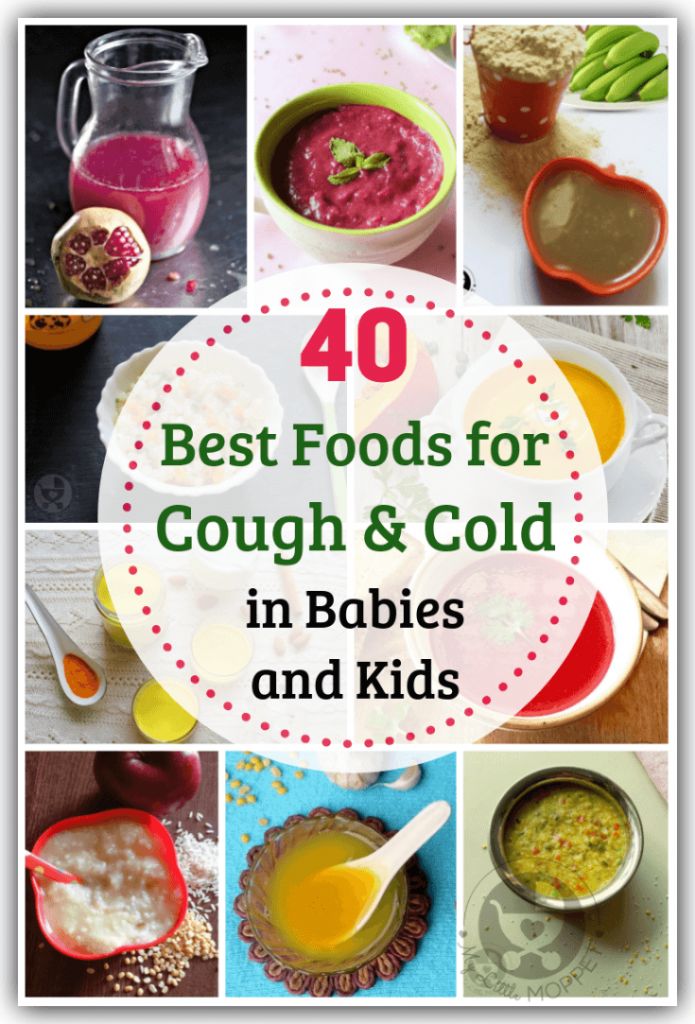 The liver synthesizes antibodies and interferon. They are involved in the neutralization of viruses and microbes, the removal of toxins and waste products of the enemy, increase general immunity .
The liver synthesizes antibodies and interferon. They are involved in the neutralization of viruses and microbes, the removal of toxins and waste products of the enemy, increase general immunity .
During acute infections and illnesses, the load on the liver increases many times, and loss of appetite is one of the protective mechanisms of the liver from overload. The liver focuses on more important functions than digestion.
That is why there is no need to raise a panic when a child refuses to eat, his nutrient reserves will be enough for the acute period of illness, and the weight that is lost during the illness is then quickly restored. As the activity of microbes decreases and recovery occurs, appetite is restored.
How to feed a child during illness?
Give up the habit of spoiling a sick child with harmful things - cakes, sweets, chips, soda - this will strain the pancreas and can cause a breakdown in its work, which can result in abdominal pain and diarrhea.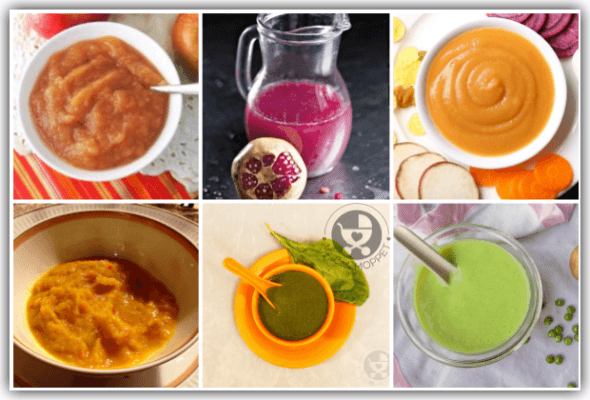
Feed your child often, but little by little, even a few spoons of soup or porridge will be very useful for the child.
If it hurts the child to eat
Sometimes, due to problems in the mouth or nearby areas (ears, nose), the child refuses to eat. It hurts him because of stomatitis, it is unpleasant to swallow because of a sore throat or otitis media. Anesthetize the mucosa before eating or drip medicine into the ears or nose.
Do not rush the child, give him the opportunity to carefully chew everything and swallow carefully, without causing discomfort.
If your baby is sick, change the nipple to a softer one with less flow so that it doesn't choke and press the nipple on the sore spots in the mouth.
Feeding bedridden patients
Sometimes it becomes necessary to feed children in bed, then special tables will come to the rescue. You can put cutlery and plates on them, and a maple and a napkin are spread on the bed for the child himself so that he does not stain linen and clothes. Feed the child with a spoon, raising his head to a semi-sitting position. Make sure that he has time to chew and swallow everything. Do not force-feed your baby, especially if he is sick.
Feed the child with a spoon, raising his head to a semi-sitting position. Make sure that he has time to chew and swallow everything. Do not force-feed your baby, especially if he is sick.
Babies are usually fed from a drinking bowl or bottles , placed on their knees and covered with a diaper. After eating, the child needs to wipe his face and hands, wash with a damp towel, give him a drink of water.
As the child recovers, his appetite will return and he will start eating on his own. In the first days of recovery and returning to your usual diet, make sure that the portions are one third smaller and the baby does not overeat. Digestion may not immediately cope with a large amount of food.
Nutrition of a sick child
Publication date: 12/15/2016 08:22
April 22nd, 2016 Olga.
While the child grows up, he will be ill with various diseases more than once. About 80% is accounted for by SARS.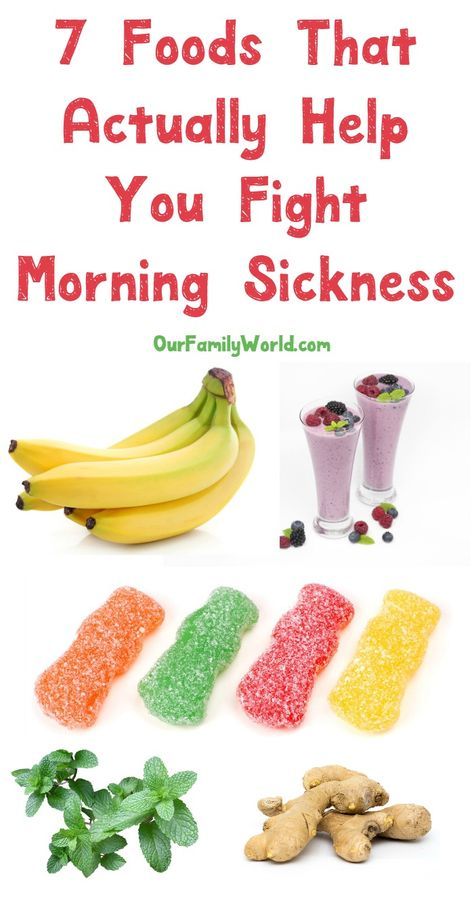 Any disease (we are now talking about the flu, SARS) is characterized by poor health of the child - malaise, cough, runny nose, weakness, and maybe intestinal upset. And all this affects the appetite of the child. If a child has caught a cold, mothers always ask themselves the question: how to feed him properly? Proper nutrition of a sick child will help to quickly cope with the disease.
Any disease (we are now talking about the flu, SARS) is characterized by poor health of the child - malaise, cough, runny nose, weakness, and maybe intestinal upset. And all this affects the appetite of the child. If a child has caught a cold, mothers always ask themselves the question: how to feed him properly? Proper nutrition of a sick child will help to quickly cope with the disease.
During an illness, the baby always has a poor appetite. There are physiological reasons for this:
- at elevated temperatures, blood circulation in the stomach slows down. because the body sends blood to vital organs: the heart and lungs. The process of digestion and assimilation of food slows down and the child needs less food than usual;
- during an illness, the liver actively fights toxins, the products of the vital activity of viruses and the decay of damaged cells, so a large amount of food carries an additional burden;
- the toxins themselves poison the body and the child, when he feels bad, not at all before eating;
- stuffy nose, sore throat, difficult to swallow.
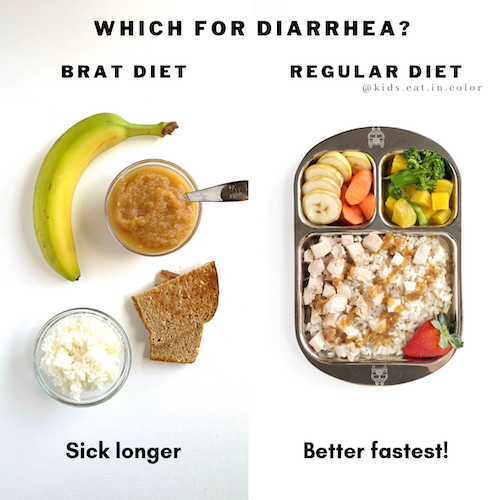
- Nutrition should be appropriate for the age of the child;
- during illness, do not introduce new foods into the diet;
- food should be sparing - liquid or semi-liquid;
- make small meals if the baby does not want to eat, and the number of feedings can be increased;
- if the child refuses to eat, let him drink more fluids (water, compote, fruit drink, rosehip broth).
From the diet during the period of illness should be excluded:
- Hard-to-digest foods - fatty meat, whole grain cereals, fresh vegetables and fruits.
- Foods harmful to the liver - fatty dairy products, chocolate, vegetable oil, lard, confectionery.
- Coarse, which can damage the mucous membrane - nuts, seeds, crackers, cookies.
Useful menu
During an illness, a child needs food that is well absorbed by a weakened body. Therefore, chicken broth, vegetable soups, stewed and boiled vegetables are perfect for feeding a child during SARS.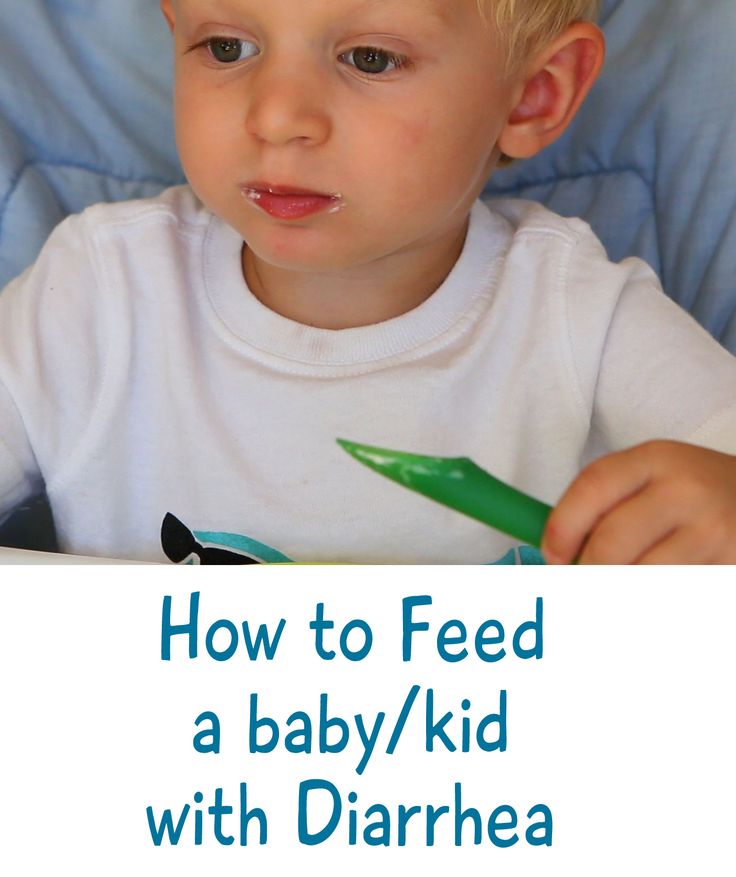
To avoid mechanical irritation of the stomach, choose foods that are low in fiber. What foods are low in fiber? These are potatoes, cauliflower, pumpkin, rice and semolina, animal products.
Potatoes are particularly delicate in fiber, so include mashed potatoes in your menu more often. You can cook mashed potatoes with sausage, cheese. Beautifully decorate the dish.
Animal protein must be present in the diet of a sick child, since it is a building material for protective antibodies. They are rich in lean meat - veal, beef, lean pork. For soups, use secondary broths from turkey meat, rabbit, chicken breast.
What else can you feed your child when they are sick? Yogurt helps out well, especially homemade, with the addition of berries.
We cook porridge for the child: semolina, oatmeal, you can also add berries from jam or defrosted.
A sick child needs vitamins. You can make vitamin drinks from rose hips, berries, cook jelly, dried fruit compote, berry juice.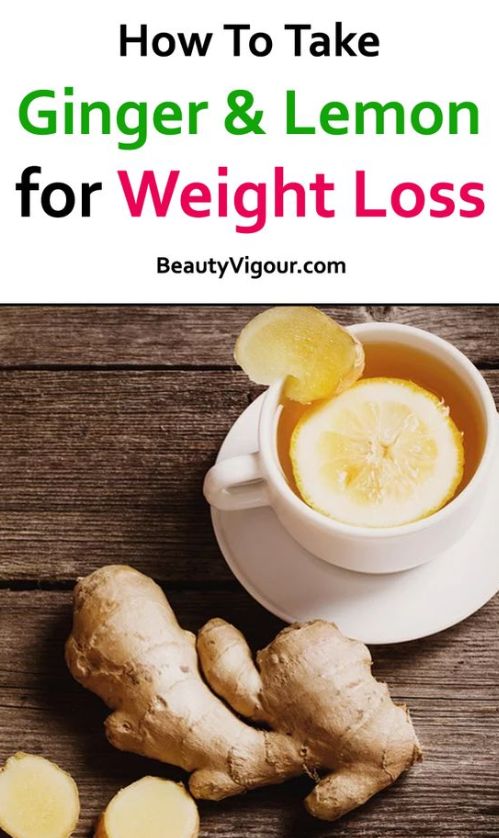 . Such drinks will alleviate the condition of the baby if the throat hurts. But with indigestion, milk should not be given at all.
. Such drinks will alleviate the condition of the baby if the throat hurts. But with indigestion, milk should not be given at all.
To increase the appetite of the dishes, it is desirable to arrange them beautifully so that the child immediately has a desire to eat them.
Nutrition for a convalescent child
After an acute period of illness comes a period of recovery, when the baby is on the mend and nutrition during this period plays an important role. The food of a recovering baby should be rich in energy in order to restore strength, contain minerals and vitamins, the food should be well absorbed.
As soon as the symptoms of the disease subside, do not rush to pounce on a child with enhanced nutrition, it will take a few more days to restore digestion. Continue to follow the diet, adding lean meat and fish, cheese, eggs, boiled vegetables and fruits to it.
Ideal for casseroles, puddings, steamed cutlets, vegetable soups. Introduce fruits and vegetables into the diet and do not forget about sour-milk products that will help restore the disturbed intestinal microflora.